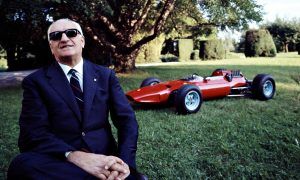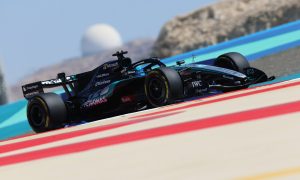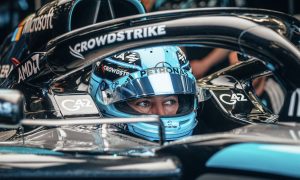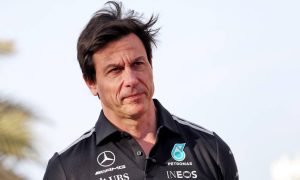
Despite its struggles to produce a consistent and performing car under F1’s ground-effect rules, Mercedes has no intention of sacrificing its 2025 season in a bid to get a head start on 2026 and the sport’s regulation changes.
Mercedes is enduring another turbulent campaign this season. After a difficult start, the team hit a strong run of form with multiple wins before the summer break, only to lose ground again in recent races.
The team now finds itself battling to catch up with McLaren, which has established itself as the dominant force in F1’s tight field ahead of reigning world champions Red Bull Racing.
A temptation to prioritize 2026 over next season would be understandable on the part of Mercedes given the challenges it has faced. But team boss Toto Wolff remains determined to see his team chase victories in 2025 rather than give in to “compromise” for the sake of long-term planning.
"This is the crux of the matter every year, and especially if you have such a big regulatory change, are you going to compromise one year or the other?" Wolff explained in an interview with Motorsport.com.
"But I'd like to take it from Niki's [Lauda] motto, when being asked. 'Would you rather win this one or the next one?' And he says, 'Both.'
"Sometimes it is much less complex than one thinks. Probably the transition of people and capability into the 2026 regulations is going to happen a bit earlier than it would under stable regulations, but it's not going to be game-changing.
"Nobody's going to switch the machines off in January, unless you are really nowhere. But there is nothing to gain, because between P10 and P7 doesn't make a difference for us anyway. We are fighting for victories and podiums and cannot write it off."
Read also:
Mercedes’ inconsistent form has been a puzzle this season, with fluctuating performance making it hard to pinpoint exactly what holds the team back from consistently competing at the front.
Wolff acknowledged that understanding the complexities of F1 performance is no simple task.
"This variance in performance from race to race, or over a few races, is very difficult to compute, because what looks like an unchanged car can go from race winning to P6," he said.
"The only team that is not a victim of that is McLaren, who I think have such a solid baseline and a less narrow window than all of us, that they're able to keep the performance stable.

"All of the others bounce between exuberance and depression. Before the summer, everyone wrote off Ferrari. But they have come back very strong.
"Before the summer, it was Mercedes who was the leading team, and clearly not today anymore. So it is so intricate to identify those performance contributors that at times even that most clever people are lost."
"This variance in performance from race to race, or over a few races, is very difficult to compute, because what looks like an unchanged car can go from race winning to P6," he said.
"The only team that is not a victim of that is McLaren, who I think have such a solid baseline and a less narrow window than all of us, that they're able to keep the performance stable.
"All of the others bounce between exuberance and depression. Before the summer, everyone wrote off Ferrari. But they have come back very strong.
"Before the summer, it was Mercedes who was the leading team, and clearly not today anymore. So it is so intricate to identify those performance contributors that at times even the most clever people are lost.”
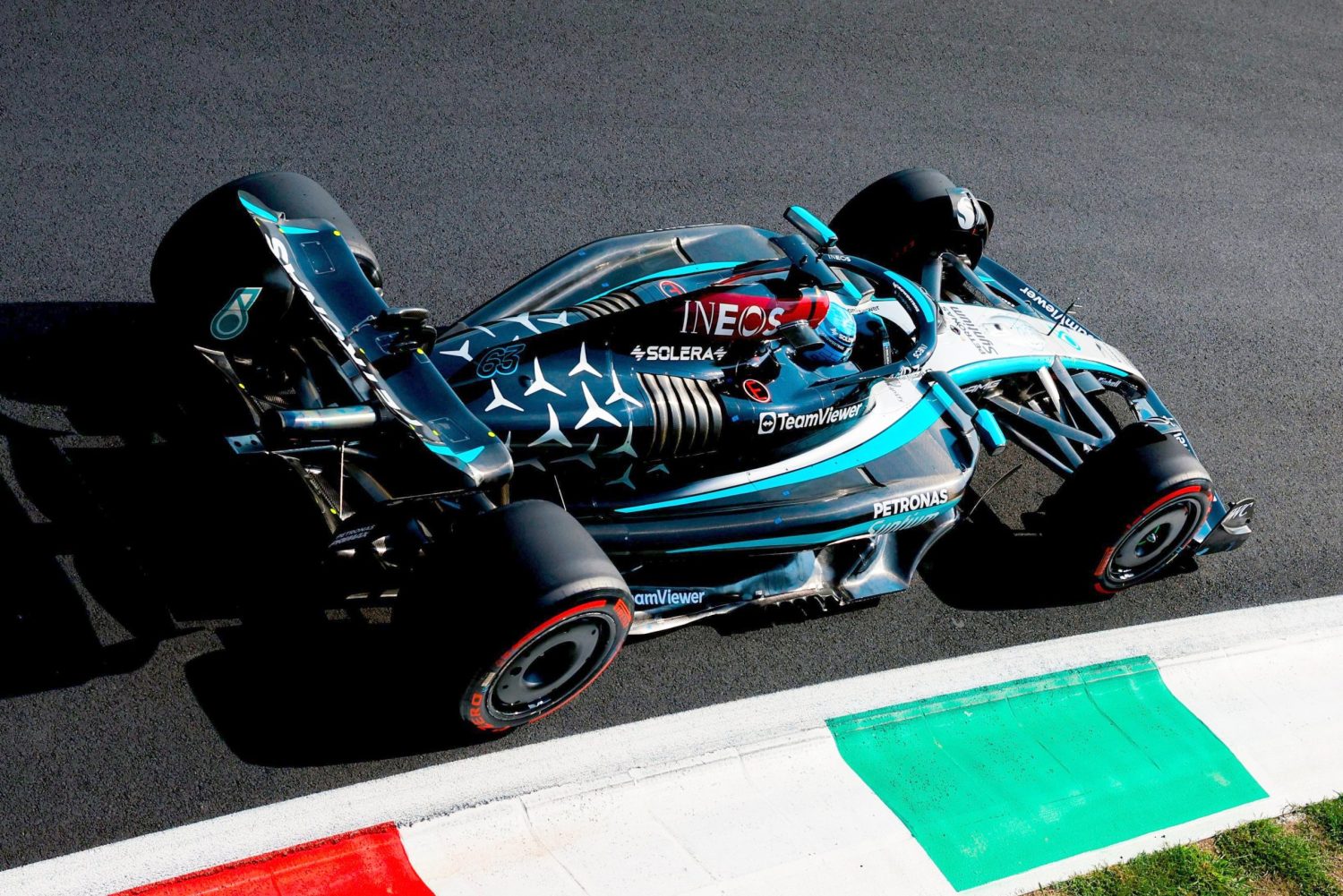
©Mercedes
Wolff reckoned quite logically that a car’s wild performance swings and deviations were rooted in a confluence of factors.
"Now, this is not the sensational news of the century, but it is the interaction between track, temperatures, tyres, balance, aerodynamics, and driver impulse, so many variables, that if you get all your ducks in one line, you are fast,” he said.
"And if there is just one factor that is out of line, you can look quickly very bad."
For Mercedes, the priority is now to learn as much as possible from the remainder of the 2024 season to ensure they’re fully prepared for 2025.
"Every session now is, in a way, interesting, because we are able to benchmark against the good races," continued the Austrian.
"We can see what's different on the car, what's different on the track, what happened with the tyres and all of that. It's not like we don't know that this car has pace. It's a race winner."
Mercedes’ three wins this season – In Austria, at Silverstone and at Spa – went a long way towards reviving the team’s enthusiasm and energy. But Wolff conceded that the overall performance this year has not met expectations.
"The objective that we have set ourselves every year is to win races," he said. "We have won three – two were on merit.
Keep up to date with all the F1 news via Facebook and Twitter



